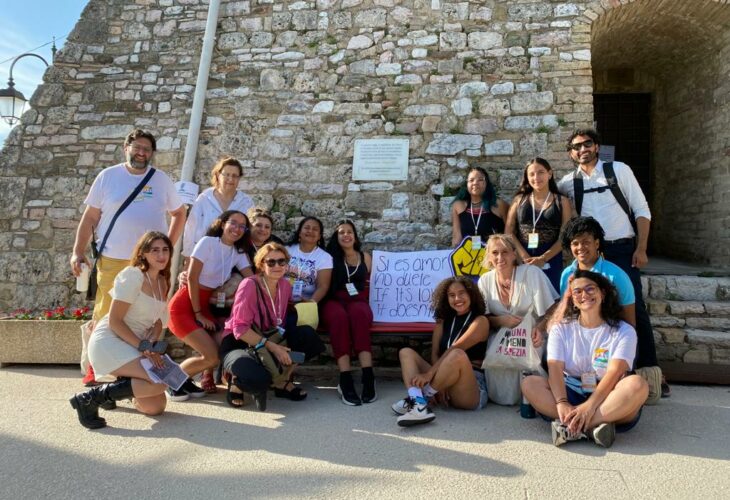
From July 3rd to July 9th 2023, the final youth exchange of W4GEA project took place in Nocera Umbra, Italy. Nocera Umbra is a town and comune in the province of Perugia, Italy. It is a characteristic medieval town perched on a hill and famous for the quality of its water springs Angelica and Cacciatore, exported to Constantinople in the 17th century. The youth exchange was addressed to young women from Italy, Lithuania, India, Colombia and Ukraine. Due to issues in obtaining the VISA, young women from Iraq could not manage to participate.
The youth exchange, led by Avinash Pratap Singh, experienced in grassroots leadership, was organized with a practical and groupwork focus, also to overcome linguistic barriers. The goal of the youth exchange was to provide the young women with knowledge and skills on storytelling, as well as getting to know the first draft of the project handbook developed by EDUPLIUS, in order to be able in the future to carry on with the project activities.
The final output of the youth exchange was the creation of group stories and the setting up of a human library, in collaboration of librarians involved in the ADELE project.
The first day was mainly dedicated to warm-up activities and getting to know each other, in view of the collaboration and team activities that would have taken place in the following days. Along with getting to know each other, some slots were dedicated to presentations on project activities, given directly by the young women who took part to grassroots project and local engagement activities in partner countries. During the morning, Roman Sarpanov from EDUPLIUS joined the activities online to present the project handbook and collect feedback.
The second day, July 4th , started off with theory on storytelling, its origins and the science behind it. Participants got acquainted with the concepts of Rethoric and the Hero’s journey methodology.
Emphasis was put on the main elements of storytelling: divided into groups, taking into consideration balance among the different countries, participants worked on individual and collective stories also using drawings, legos and modeling clay. Based on these exercises, the young women developed individual stories on social and personal issues dear to them, which were afterwards shared and commented with the whole group. One story per group was selected: a total of 3 stories formed the basis for the 3 books to be developed and told during the human library.
On day 3, each group further developed the selected story and worked on the elements to make it more appealing to the public, making it final. July 6th was dedicated to the cultural visit of Assisi, while on July 7th the youth exchange participants were involved in a workshop, introduced by Gilda Esposito, expert in design thinking, together with a sample of ADELE librarians. The session started with a theoretical focus on the human library methodology and continued with a brainstorming on the developed stories with the librarians, in order to give them the final touch. In the late afternoon, the human library was opened to the public. Scattered in historical locations in the village of Nocera Umbra, groups of young women offered visitors the chance to listen to stories on the themes of the importance of education, gender violence and the difficulty of war, while exploring the village.
On July 8th , participants joined a stop-motion creative laboratory, led by the animators of the Primanima World Festival. Thanks to this workshop, the previously created stories were brought to life through the stop motion technique, creating short animated scenes. The afternoon was dedicated to participating in the social jury for the social hackathon, thus visiting the competing hacker teams and learning about the digital projects developed.
On Sunday, July 9th, the final award ceremony of the social hackathon marked the end of the youth exchange.
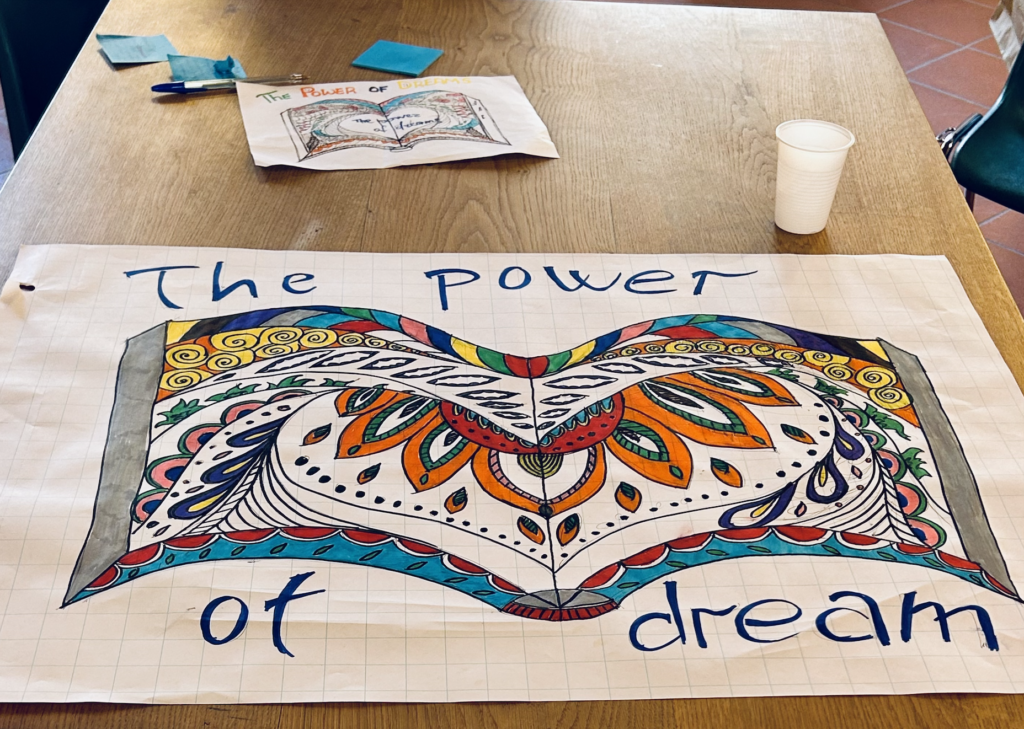
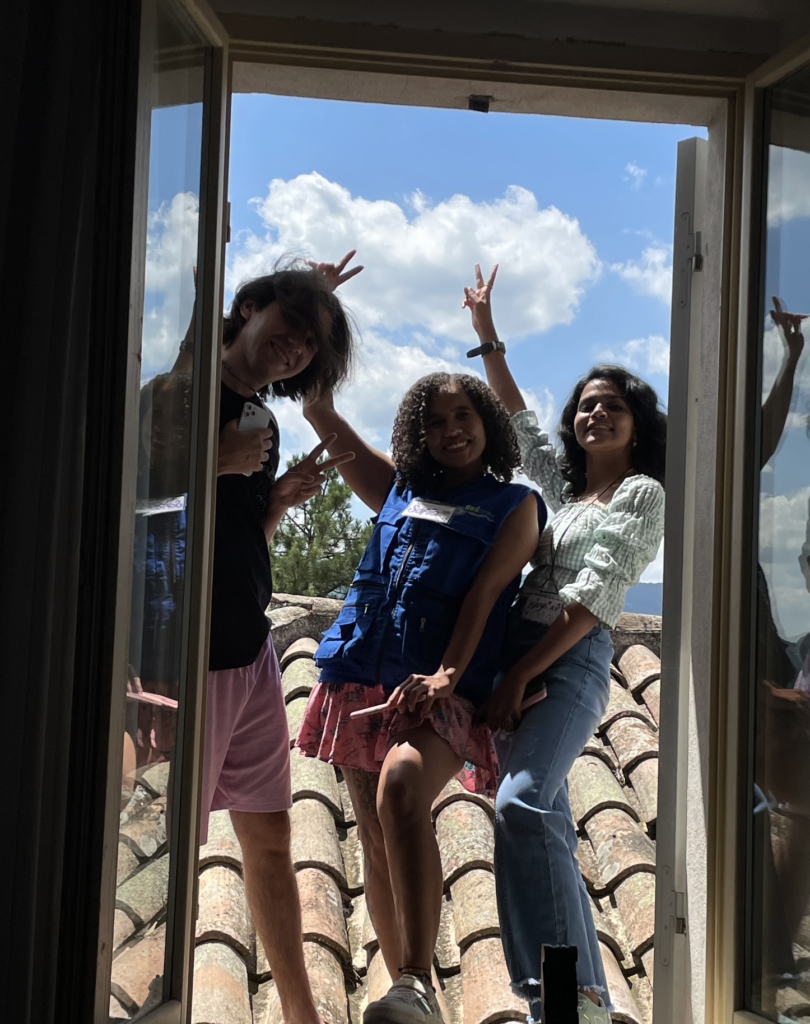
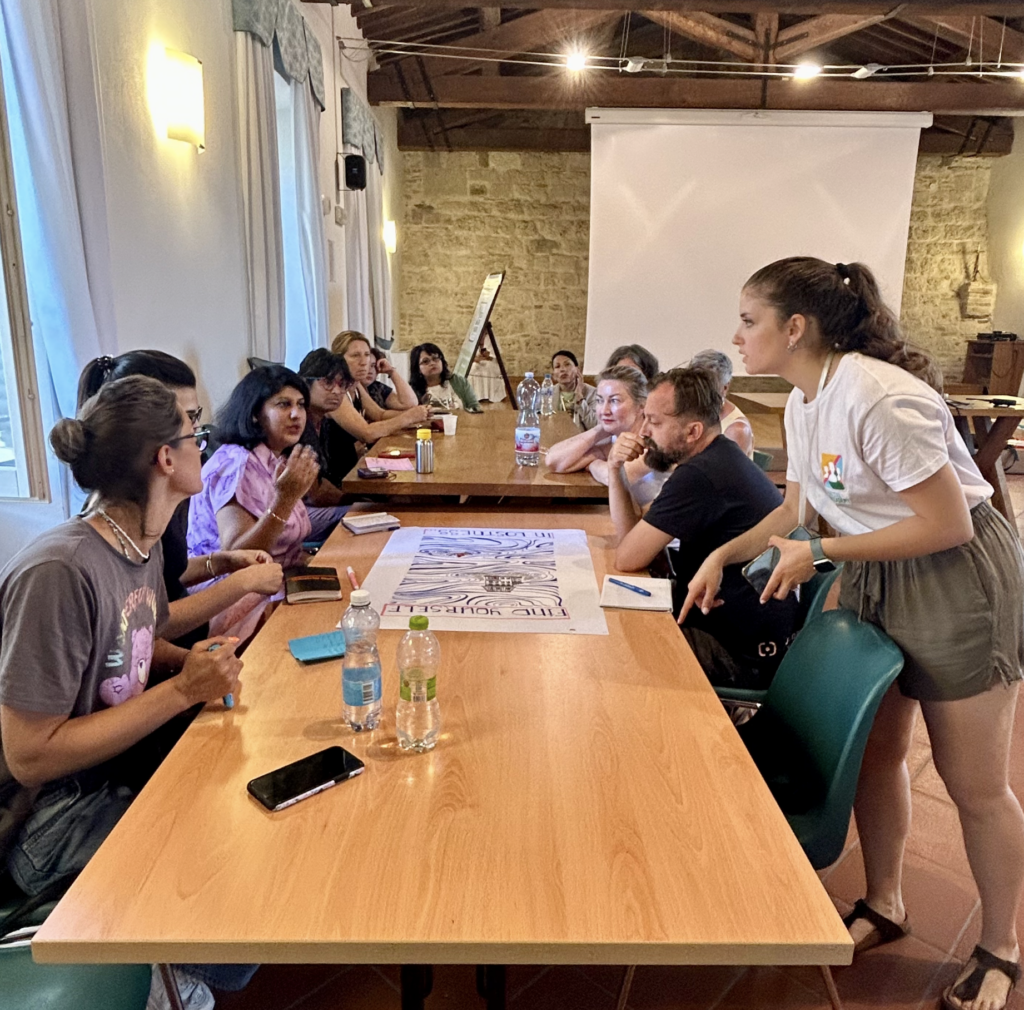
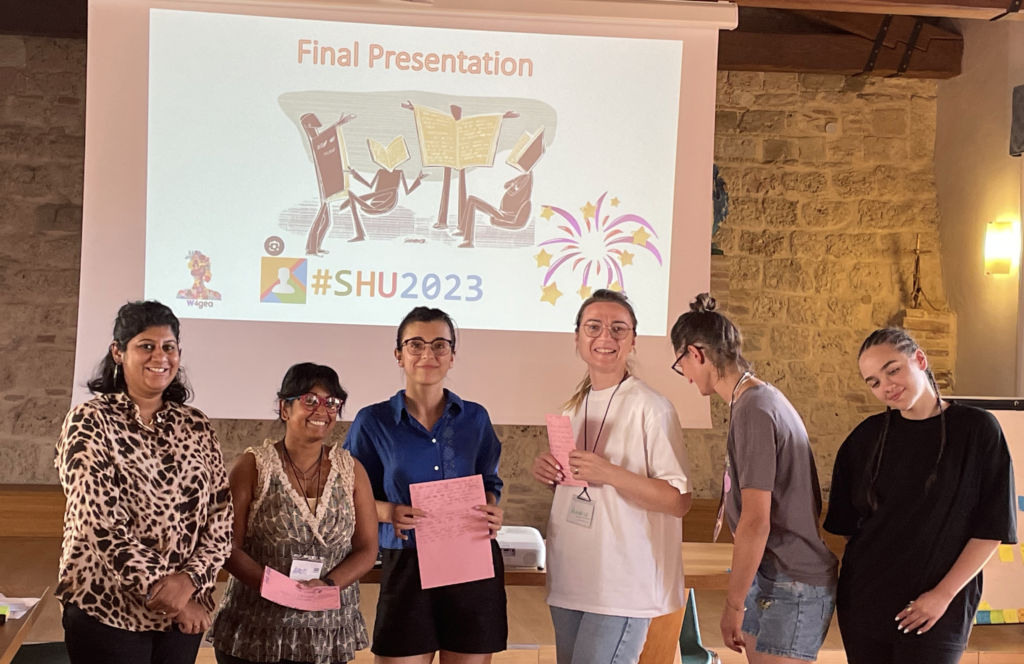
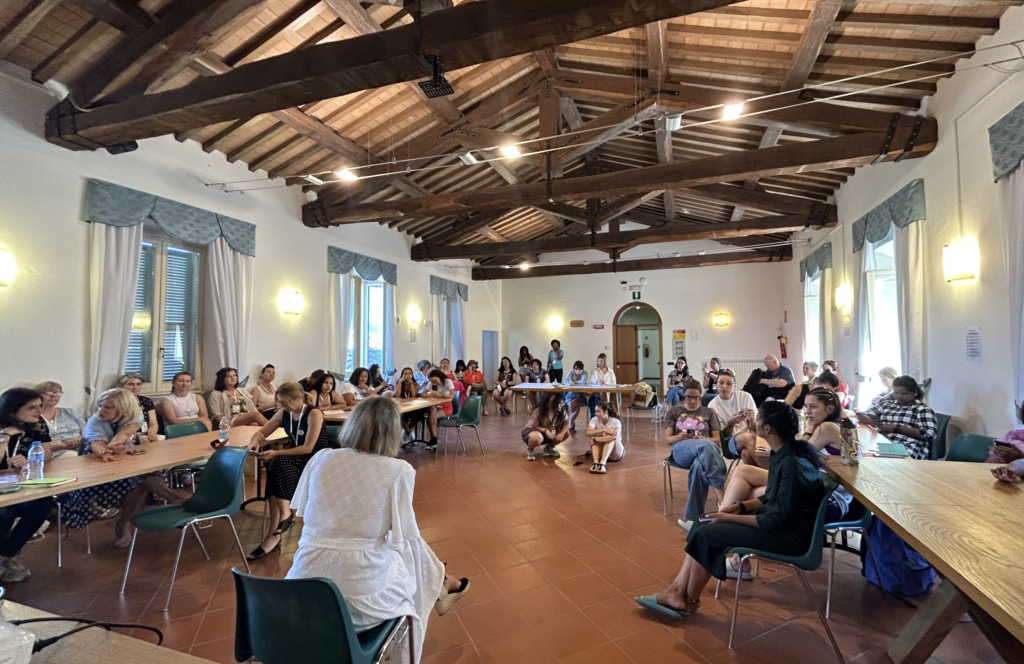
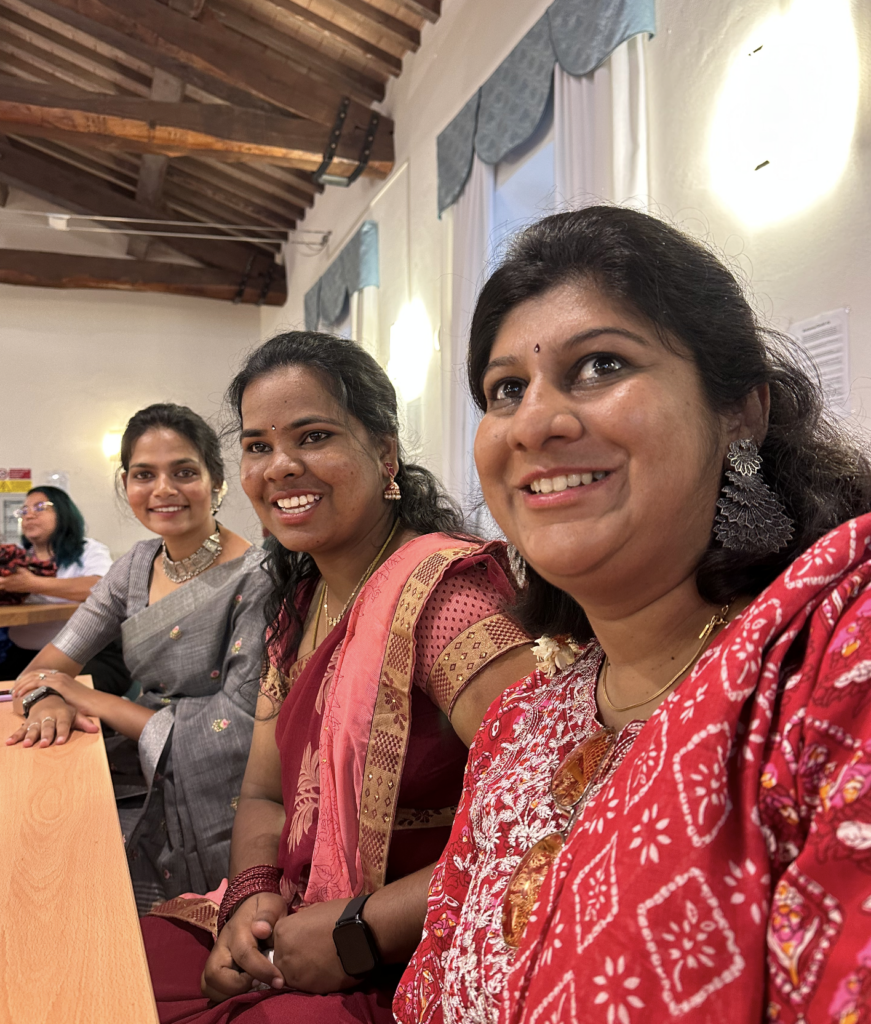
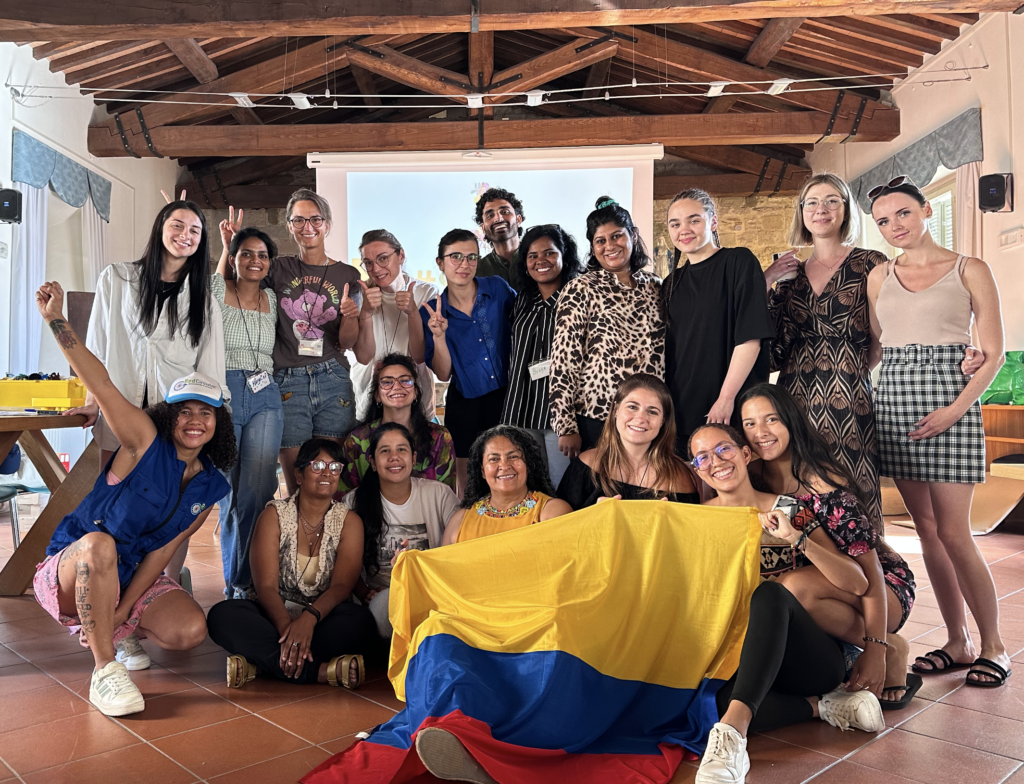
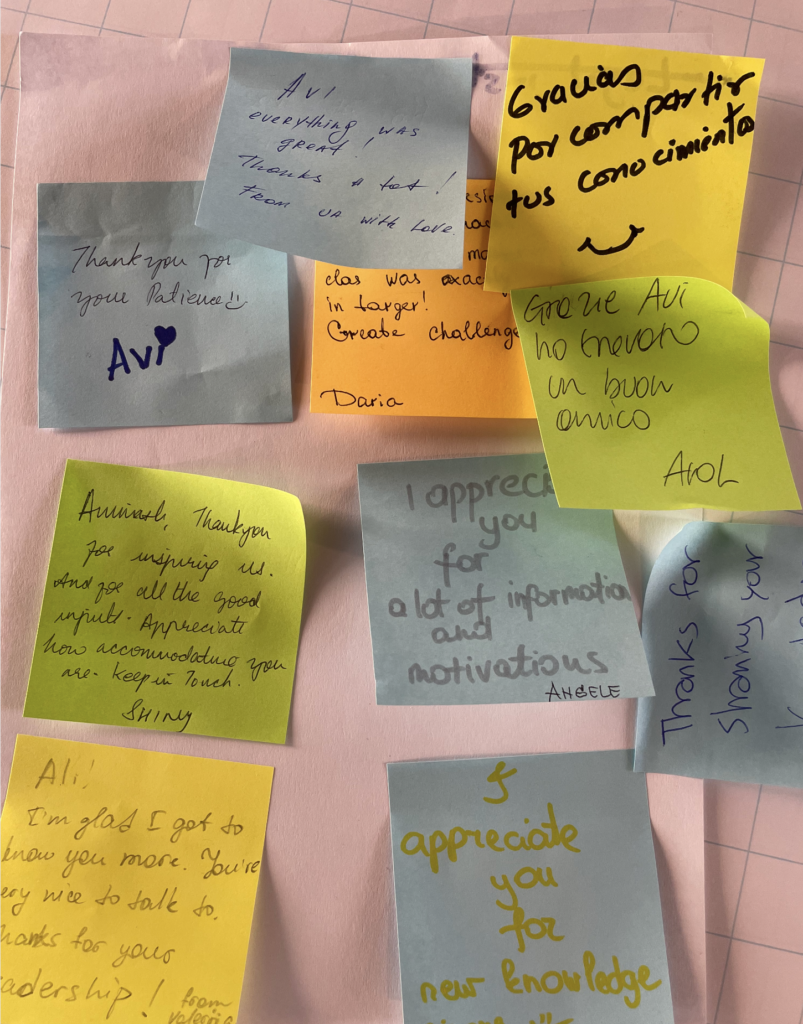
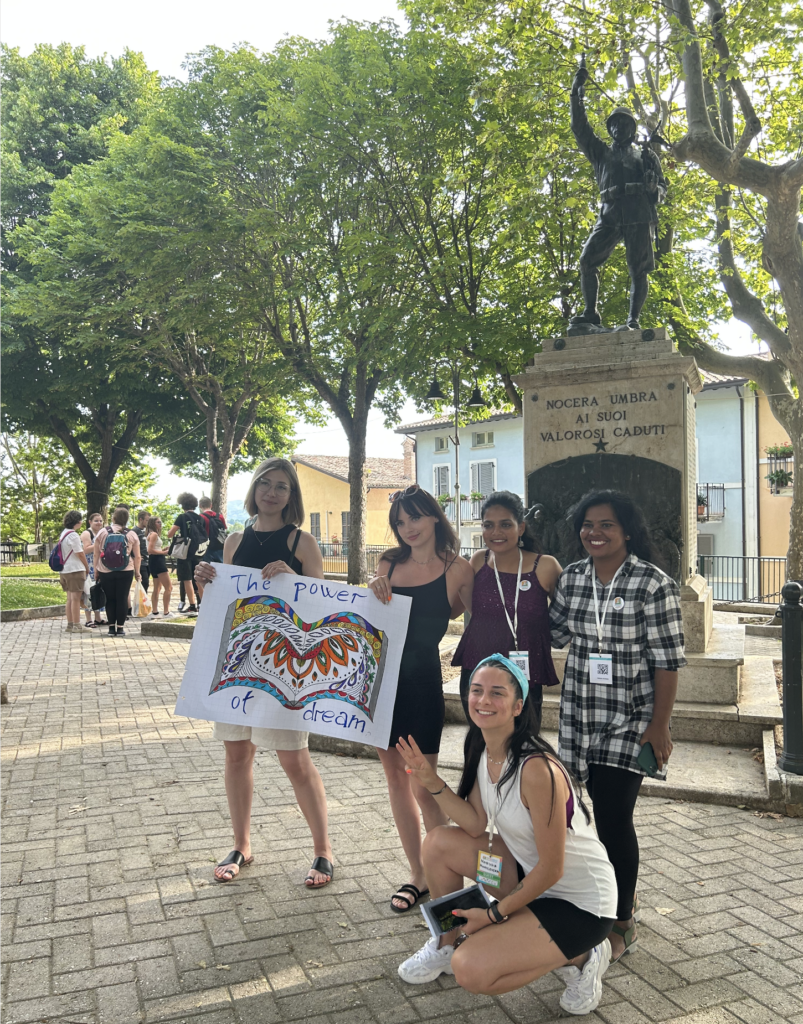
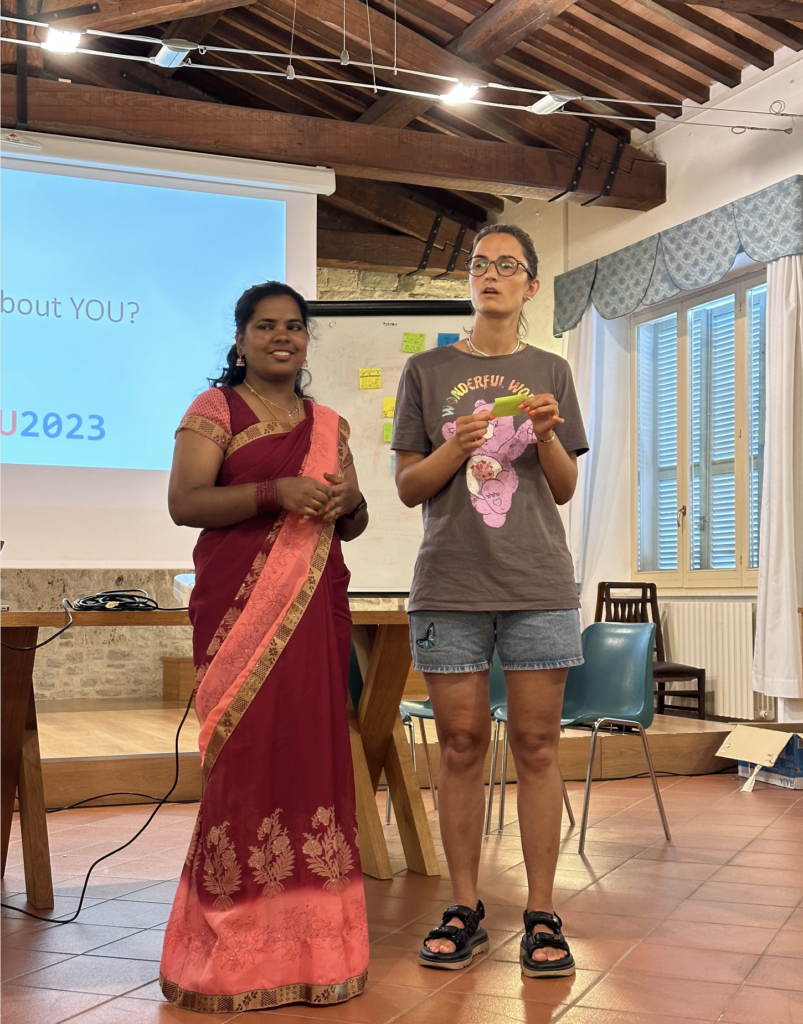
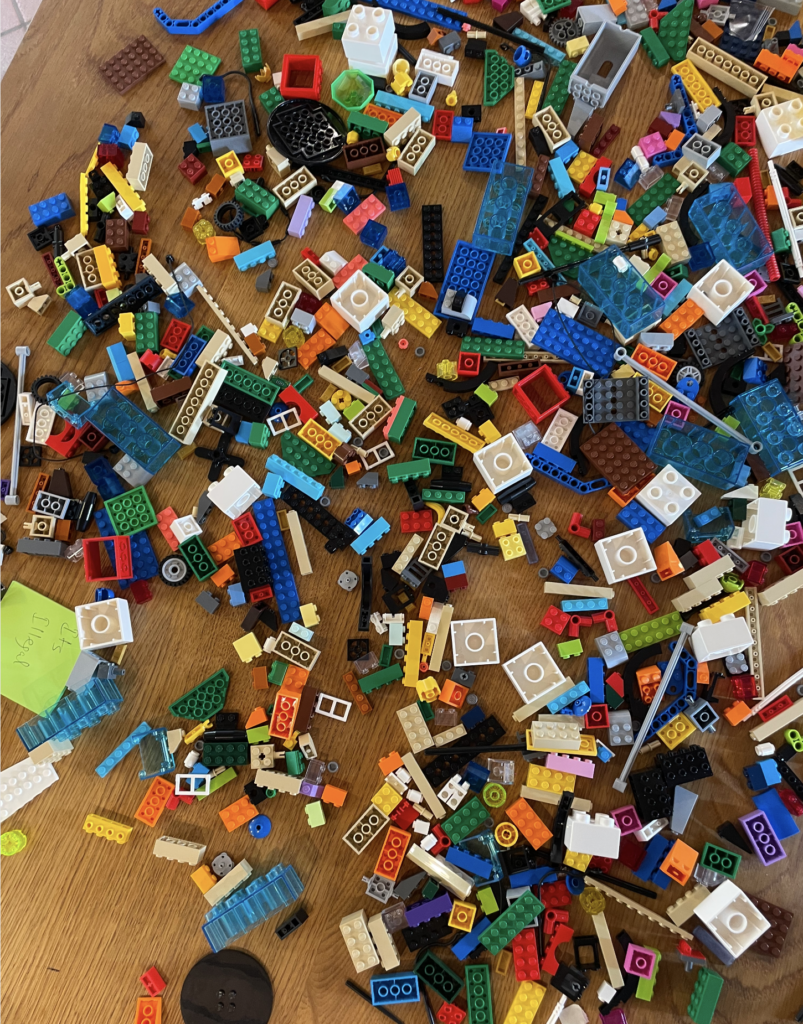
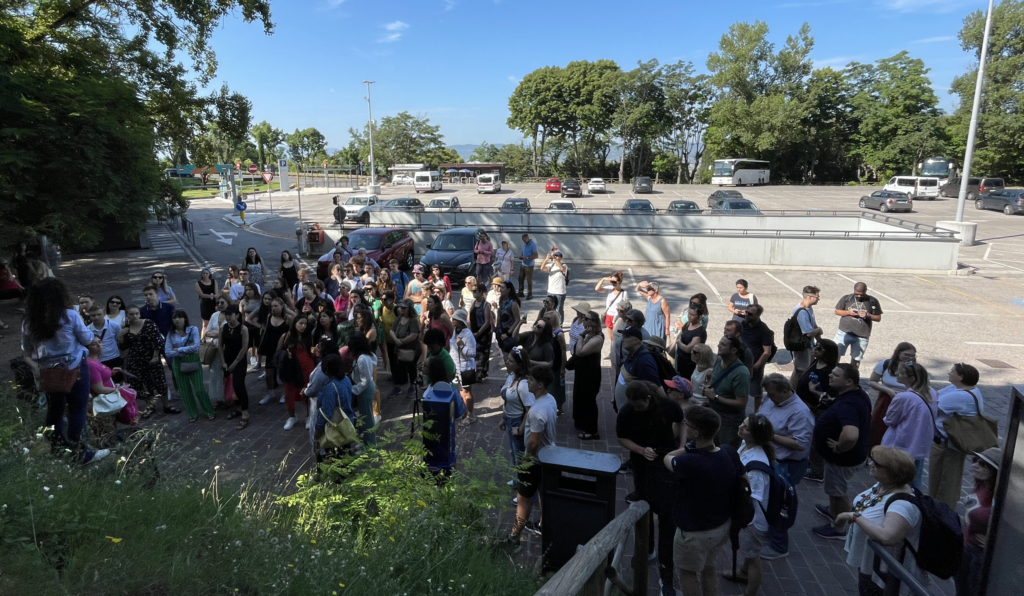
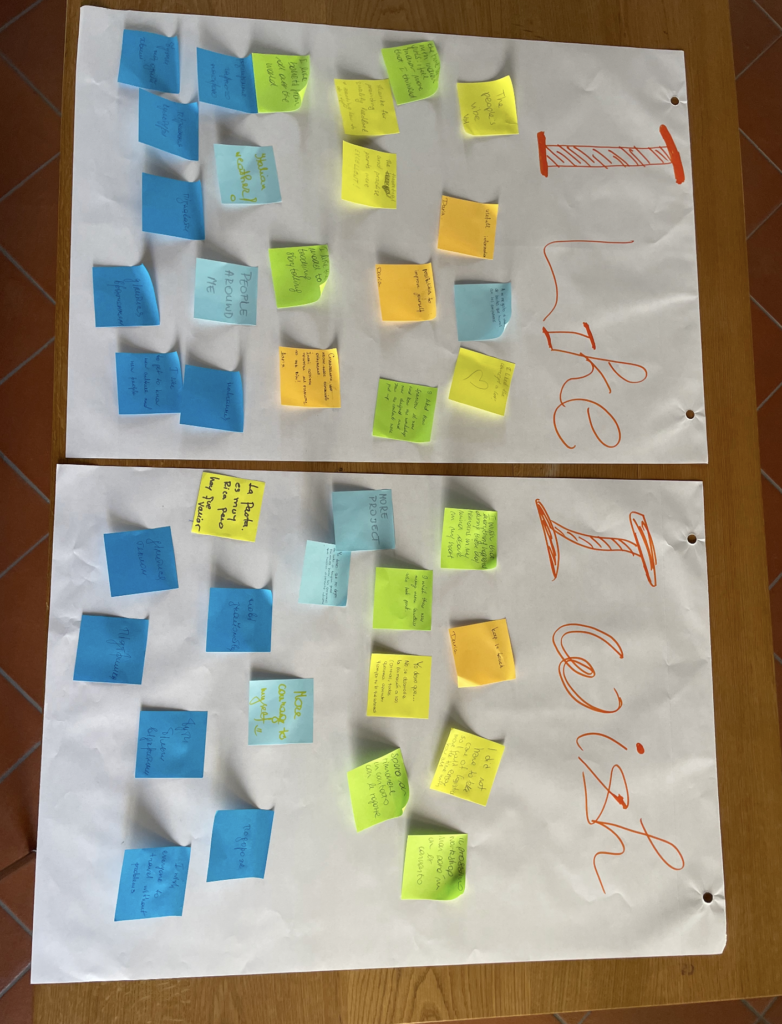
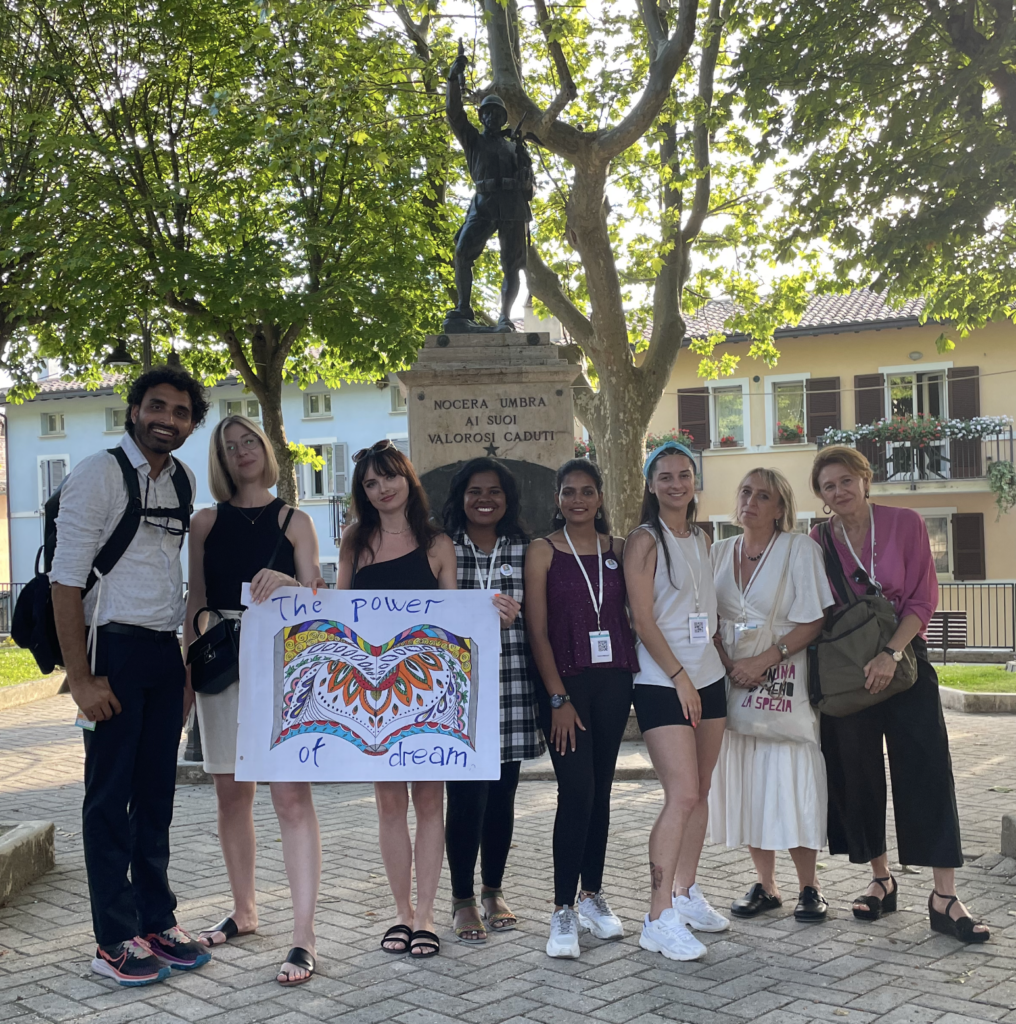
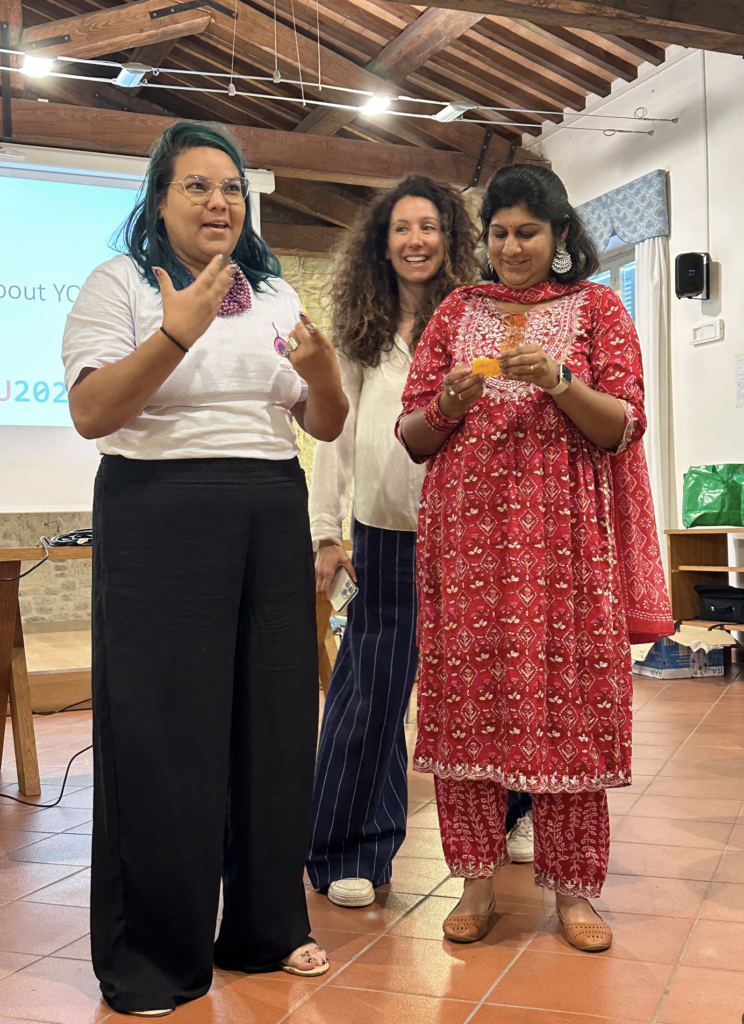
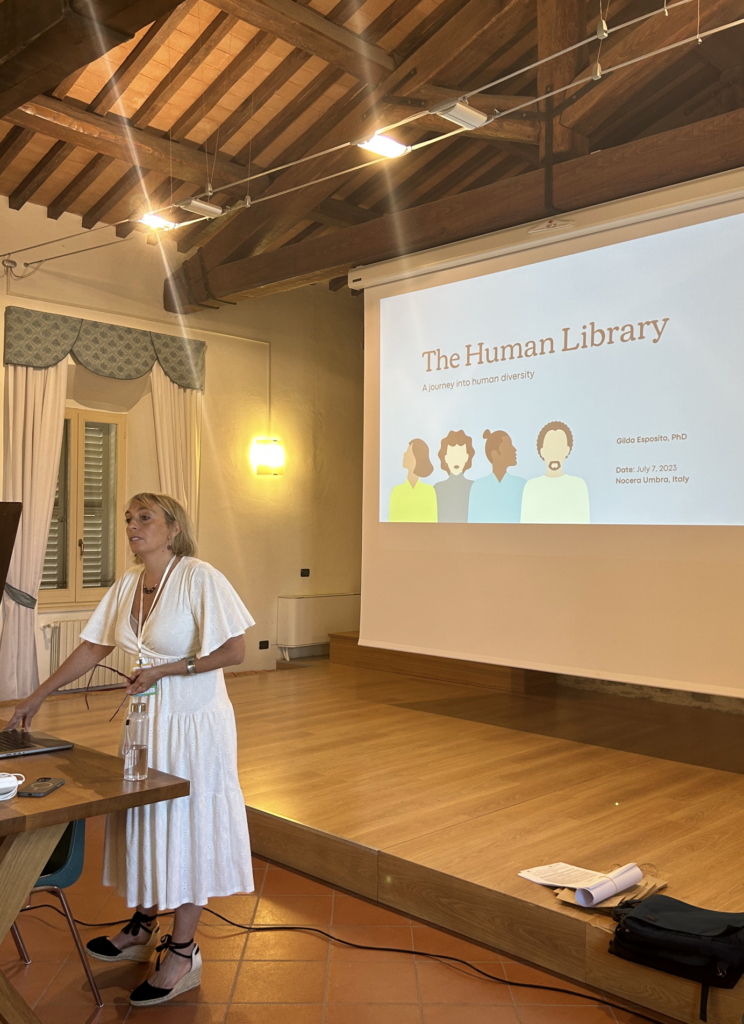
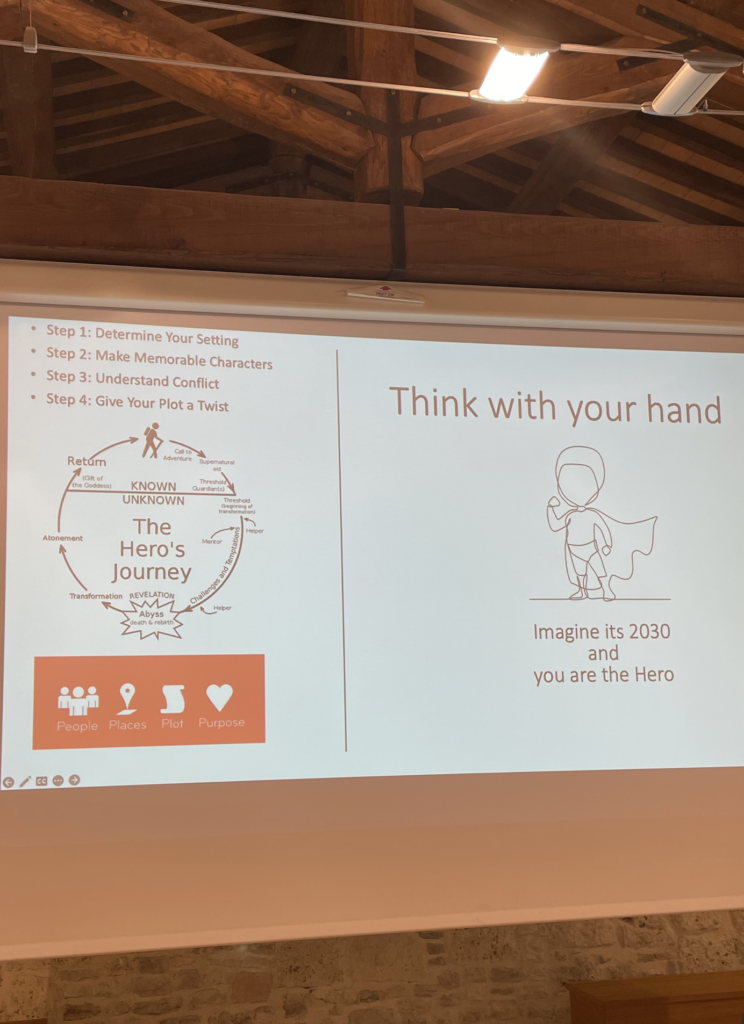
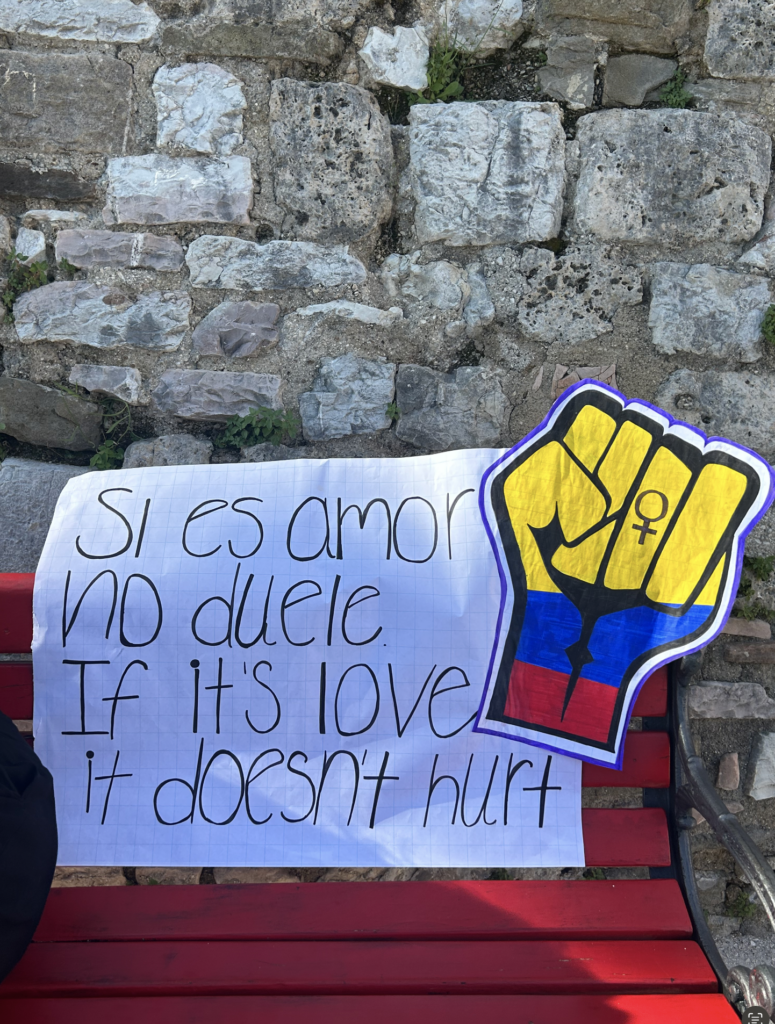
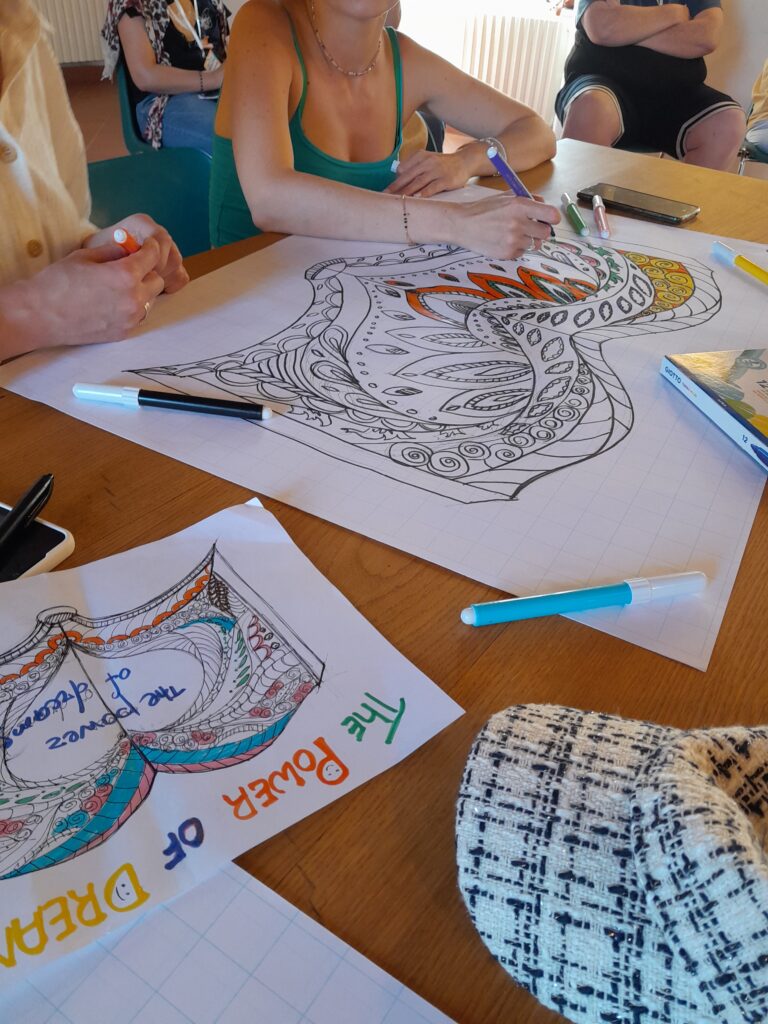
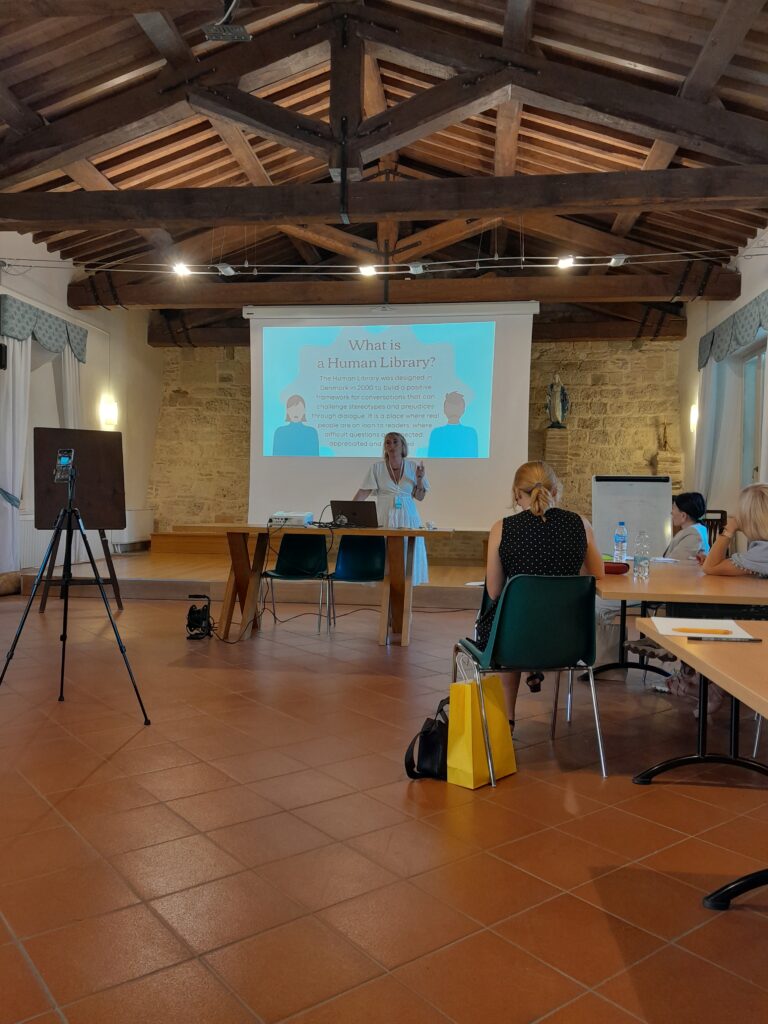
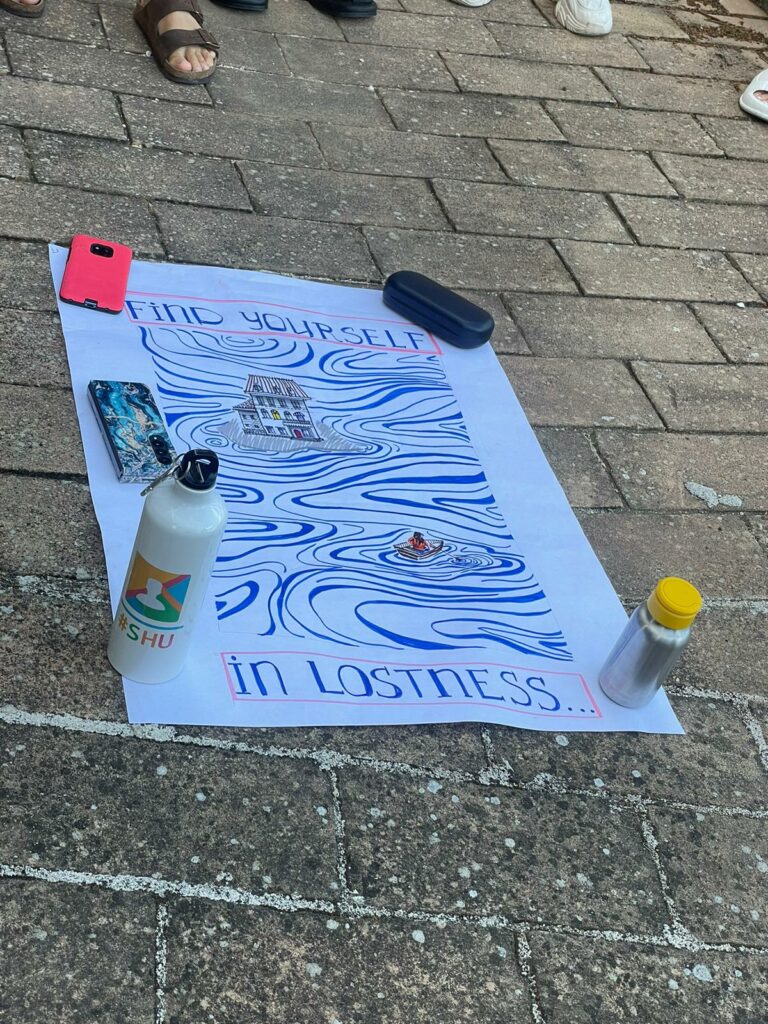
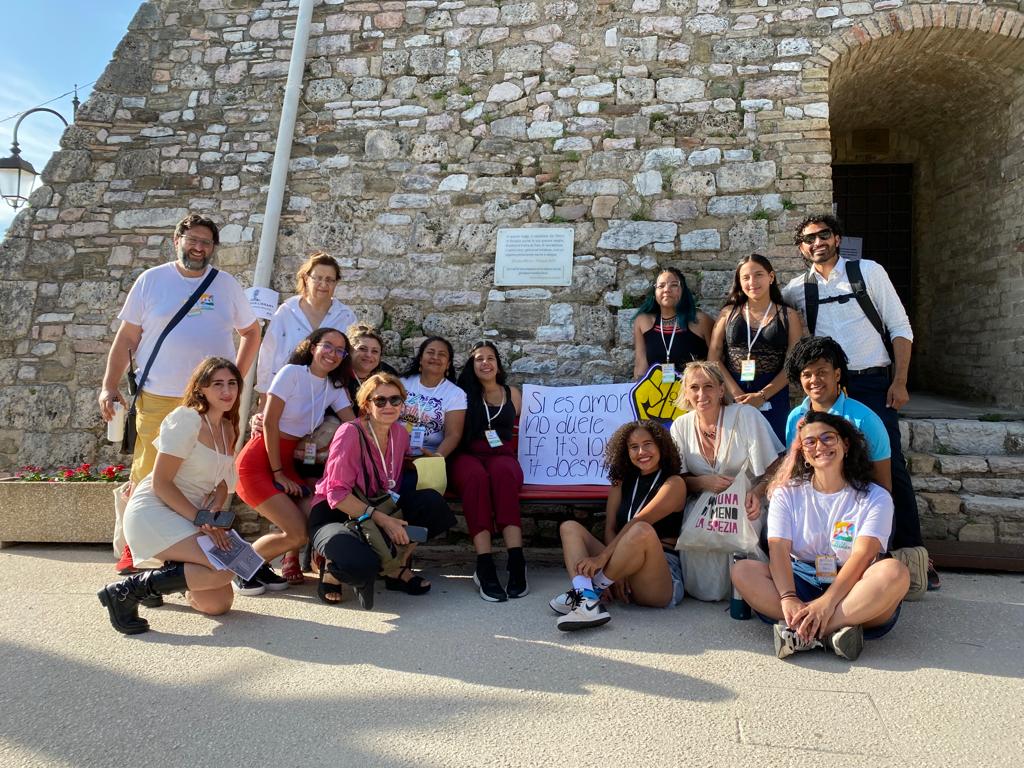
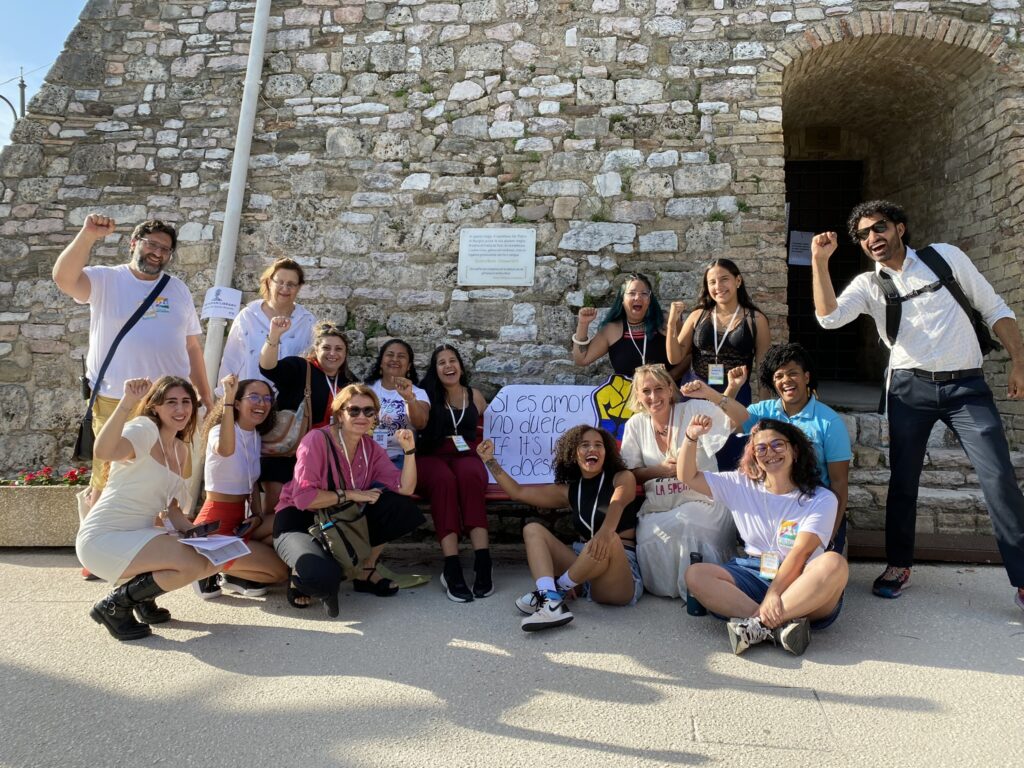
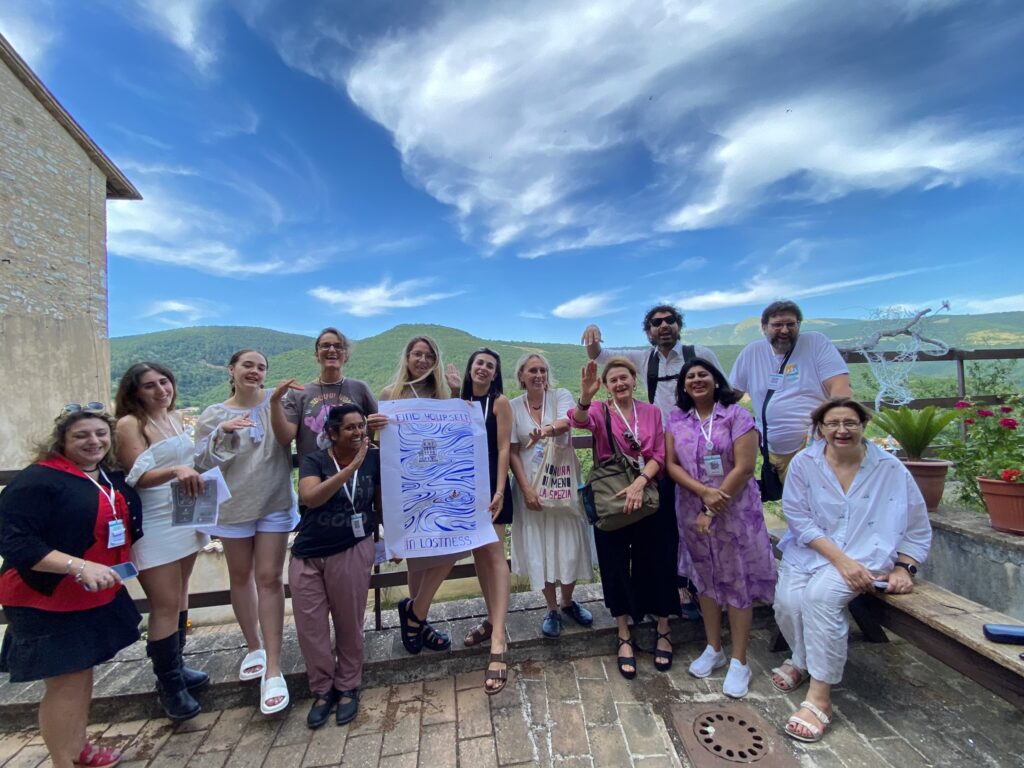

The European Commission’s support for the production of this publication does not constitute an endorsement of the contents, which reflect the views only of the authors, and the Commission cannot be held responsible for any use which may be made of the information contained therein. Project N° 617587-EPP-1-2020-1-IT-EPPKA2-CBY-ACPALA
Leave Your Comment